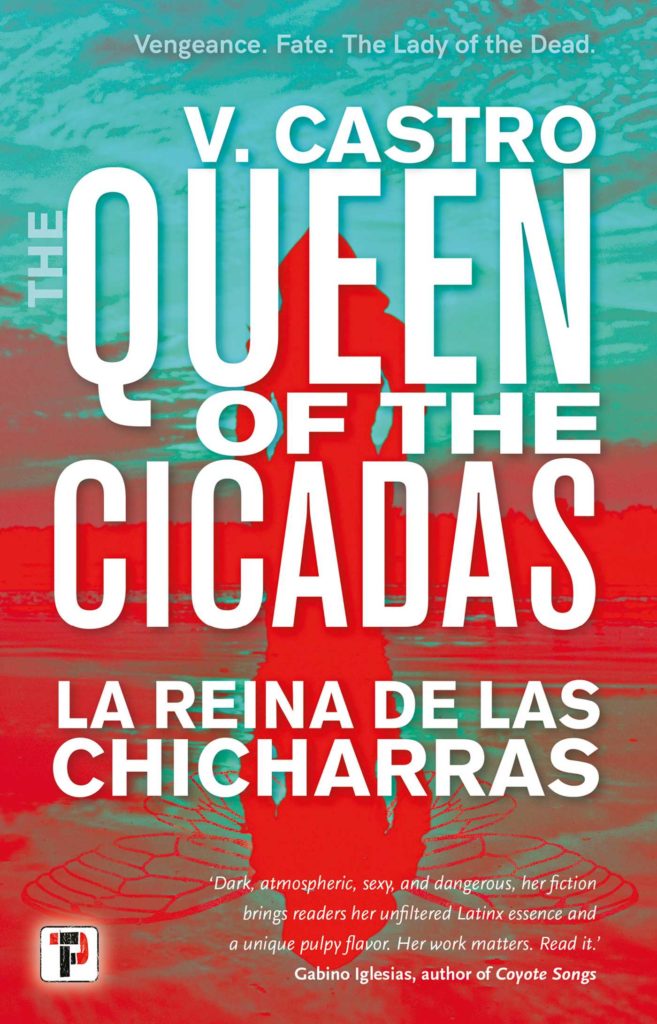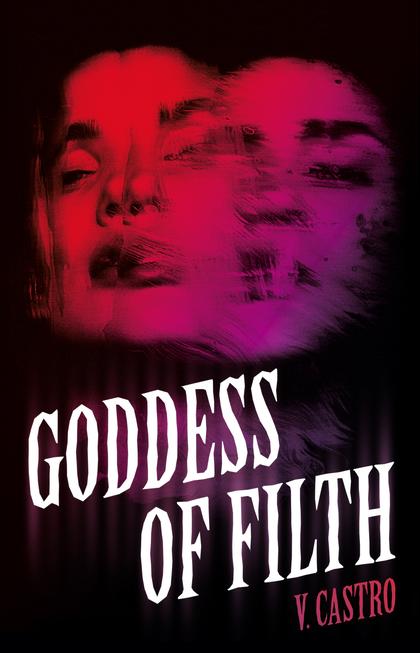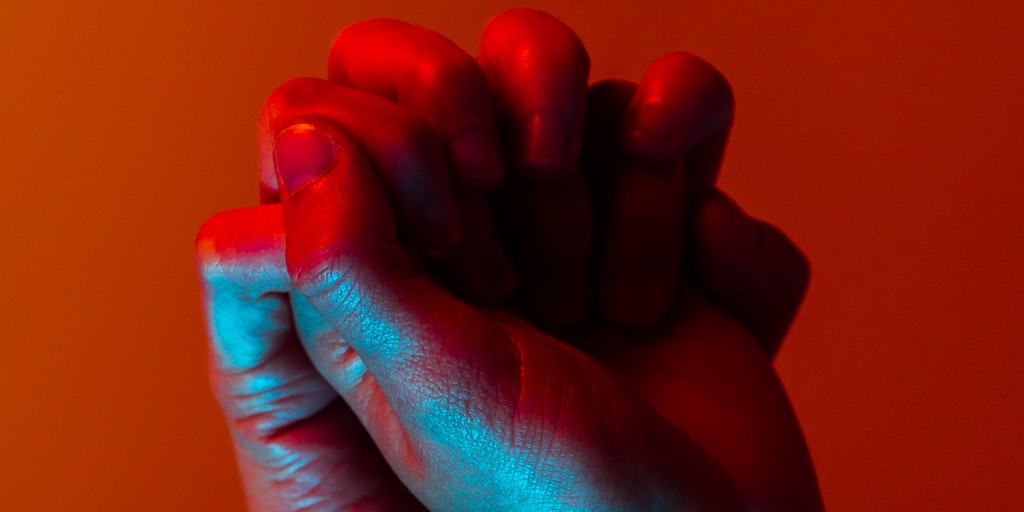When I sit down to write, my first instinct is to scoop out my heart and guts for everyone to see, because I want people to know I bleed red even though my skin is brown.
You might scoff and say you already know this, but my blood is also tainted. It is the product of cultures colliding in massacre and heartbreak. My heart is stained because some of the experiences in my life are tied to the color of my skin and gender. I’m Latina, Mexican American, Chicana, Tejana. There are many different aspects to this identity, and unless you have experienced this, you will never know. I’m not trying to diminish anyone else’s life experiences or pain. However, there is privilege in having opportunities to express and reflect your identity. There is privilege in not being told to put up or shut up. It is also a privilege to exist without having assumptions made about your identity.
When I sit down to write I feel a rush of excitement and relief, because it isn’t socially acceptable to stand on the corner and scream until your diaphragm rips in two. My pride will not allow me to fall to my knees and apologize for who I am; I have done that before and I have seen other women do it, submitting to everyone but themselves. If that is all you do, how will you know that you are worth more on your feet in a full throttle sprint than on your knees in a place you have been told is your corner of the world? “Be sweet, meek and cute.” Nah, I’m a multifaceted woman with a fire that sits between my legs and breasts, and that’s where my stories reside. I feel the need to express my experiences growing up in south Texas because I still don’t understand some of those experiences to this day, and I am a woman in her forties.
One of the most memorable Latina characters from my youth is Luisa, played by Maria Conchita Alonso in the 1998 film Colors. We are introduced to her as a simple woman who smiles and likes children and works at a fast food joint. Then there is her other side. She wears a slinky, low cut, pink dress with her brown skin glowing post-sex, hair and make-up still on fleek in true chola style. Her love interest looks at her in disgust because another man has just left her bed, but she simply holds her head high and screams in defiance, “I’m a homegirl, man! This is me, man!” I was only ten, maybe eleven, years old, but her confidence fascinated me. I’m a woman now, and I understand that character in a way that could fill a thesis because I am like her, two women residing in one.

I’m also a huge Aliens fan. It’s still my schoolgirl dream to write the story of Vasquez for the Alien franchise. Despite the fact that the actor playing Vasquez was not Latina, it still felt empowering to see a Brown woman defy the stereotypes of the time. Isn’t that what can enrich our world of storytelling? We can unify by giving each other space to speak our truth, to use our voices instead of our fists and bullets. Exchange half-truths and lies for the authenticity that shines from each of our souls. And we all have a soul. We all bleed red beneath our sacks of flesh.
Part of who I am is a lover of horror. I seek to entertain through the horror tropes I loved growing up. But those stories never included me. There were no Latina final girls, villains, heroes, writers, directors or storylines that reflected the little horrors of growing up Chicana. So now, all my stories are Own Voices. Why wouldn’t I want to write Latinx characters for every tale? Diversity means stories are filtered through my worldview and experiences, as opposed to someone else throwing in a Brown, female token. I want to be more than a token, and it’s something I’m willing to fight for.
I’m not naïve: I don’t only write tales about women in happy circumstances, because that’s not what I experienced for much of my life. I’ve witnessed things children should not see, but I write about these subjects from a place I have visited. (Well, except the supernatural stuff that I like to mine from my culture.) I’m incredibly proud of it and I believe it can bring something new to horror. I want to rip and stretch the fabric of horror so that I might weave my own Brown variation. I am a product of colonization and now I seek to colonize horror.
Fighting for space isn’t easy. It can be downright discouraging when you receive that “so close, but I had to make hard decisions” email. I automatically think of all the ways I’m not good enough and will never be good enough simply because I choose to write my kind of horror, which is one hundred percent Latina. It does cross my mind that I may be passed over for a white author. However, I will never apologize for trying to represent. I can’t tell you how many times I’ve picked up anthologies or looked at reading lists and not seen a single author of color–and if I did, I usually couldn’t find a Latina. That stings, and after a while stings leave sore spots that don’t heal.
Here’s the thing. I don’t have an MFA or a journalism degree. Authenticity does not require these things for you to show up for yourself in the world. Often, we discount ourselves because we believe we do not possess the qualifications we need to succeed in a society structured by people who do not represent us, or even have our best interests at heart.

All that is required is that you stay true to your story. Your vision and voice, working in unison. The world needs it. Have the vision of what you want to say in your mind. Cradle it like you would something you hold dear. Use your voice to speak your truth. No one else has lived in your skin. This is a unique gift. Share it because it has value. Then we have the light, the heart of it all. The heart of you. It can come in the form of ghosts, mermaids, vampires or shadows. Nothing says we can’t weave our personal vibrance into the fantastic. Life is meant to be fun!
Things are slowly changing, and this is good. The horror community has been welcoming and incredibly kind to me. There are so many people I consider friends, even though I haven’t met most of them. When I’m asked to participate, I feel elated not just for myself but because I know this could make way for other Latinas searching for the courage to write what they want.
Today I jump on every opportunity I see, because I know the time is now. I want my children, especially my daughter, to take pride in their Mexican roots. To know their mother didn’t break down from the constant rejection that comes with publishing. I hope my daughter feels and sees my fortitude as I saw it in the women in my family as they found their own path through uncertainty.
When my mother was pregnant with me, we were homeless. She is now an attorney and her own boss. Not all of her story is mine to tell, but her difficult journey resulted in her realising a dream that was inside her before I existed.
I want to share my dark stories of empowerment and pain through horror and science fiction. I want my daughter to see herself represented.
Tell me, what is your vision?



